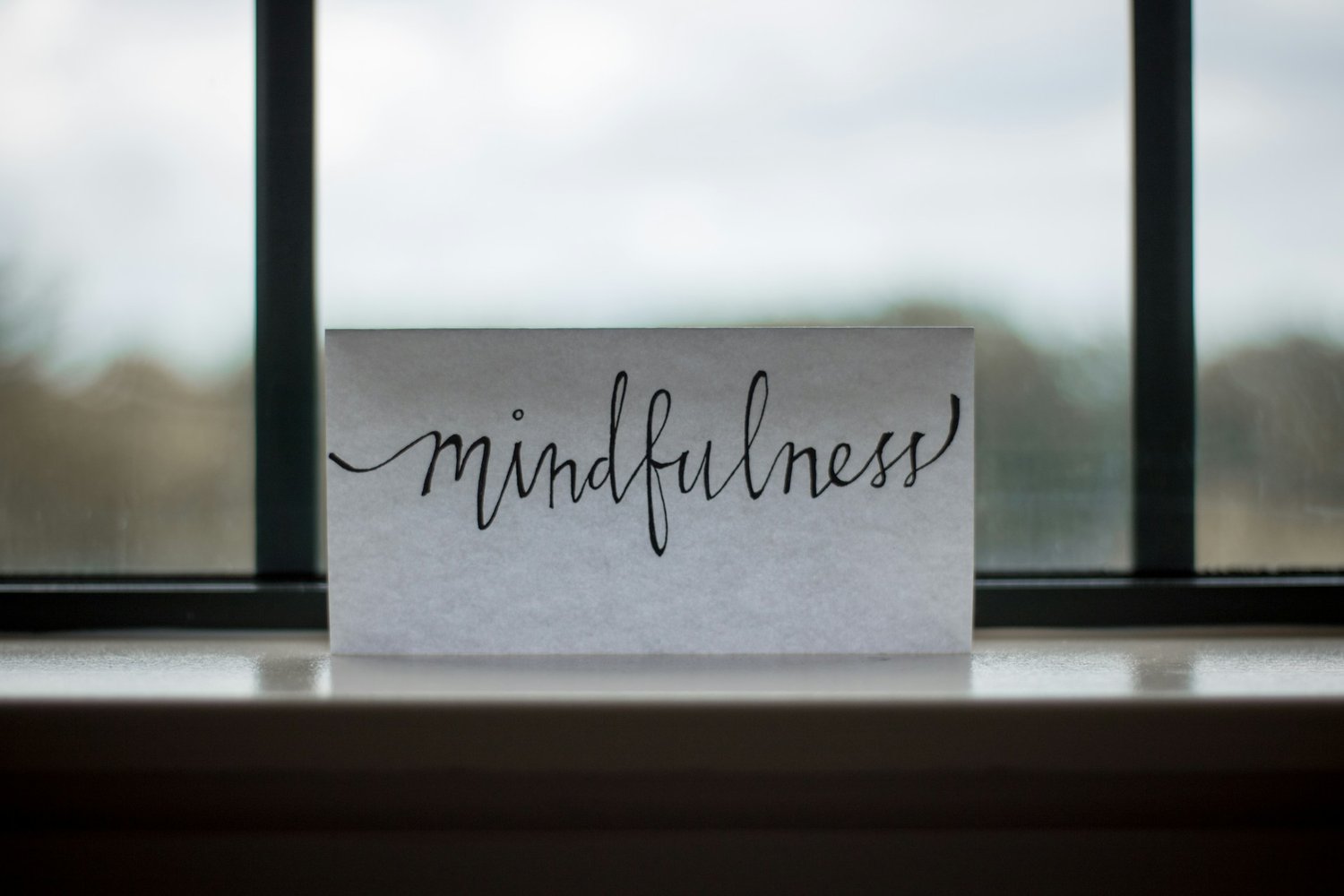Hey there, friend! Today, let's dive into the incredible world of mindfulness and how it can help you manage symptoms of trauma-related conditions. If you've been struggling with the aftermath of trauma, incorporating mindfulness practices into your daily routine can be a game-changer for your healing journey.
Understanding the Role of Mindfulness in Healing Trauma
Trauma can leave deep scars on our minds and bodies, impacting our daily lives in profound ways. Symptoms like anxiety, depression, and flashbacks can make it hard to navigate the world around us. This is where mindfulness comes in.
Mindfulness involves being fully present in the moment, acknowledging your thoughts and feelings without judgment. When we practice mindfulness, we create a space between ourselves and our emotions, allowing us to observe them with compassion and acceptance.
For individuals dealing with trauma, mindfulness can help regulate overwhelming emotions, reduce reactivity to triggers, and cultivate a sense of calm amidst the storm. By grounding ourselves in the present moment, we can begin to untangle the web of trauma and move towards healing.
Incorporating Mindfulness into Your Daily Routine
Now, you might be wondering, "How can I incorporate mindfulness into my busy day-to-day life?" The good news is that mindfulness doesn't have to be complicated or time-consuming. Here are some simple ways to bring mindfulness into your daily routine:
1. Morning Mindfulness: Start your day with a few minutes of mindfulness practice. Take deep breaths, focus on the sensations in your body, and set positive intentions for the day ahead.
2. Mindful Moments: Throughout the day, pause for a moment of mindfulness. Whether you're eating, walking, or working, take a few breaths to center yourself in the present moment.
3. Evening Reflection: Before bed, reflect on your day with kindness and gratitude. Notice your emotions without judgment and set aside any worries for tomorrow.
4. Mindfulness Exercises : Try simple mindfulness exercises like body scans, mindful breathing, or loving-kindness meditation to deepen your practice.
By incorporating these small moments of mindfulness into your daily routine, you can gradually build a foundation of awareness and presence that will support you on your healing journey.
The Benefits of Mindfulness in Healing Trauma.
So, why is mindfulness so powerful in managing trauma-related conditions? Mindfulness helps us develop self-awareness, emotional regulation, and resilience in the face of adversity. It allows us to step out of the cycle of reactivity and create space for healing and growth.
Research has shown that mindfulness can reduce symptoms of PTSD, anxiety, and depression, improving overall well-being and quality of life for trauma survivors. By cultivating a mindful approach to life, you can empower yourself to navigate challenges with greater ease and compassion.
In conclusion, mindfulness is a potent tool for managing symptoms of trauma-related conditions and promoting healing. By integrating mindfulness practices into your daily routine, you can tap into a wellspring of inner strength and resilience that will support you on your journey towards wholeness.
Remember, healing is a process, and each moment of mindfulness is a step towards greater peace and self-compassion. Embrace the power of mindfulness, and watch as it transforms your relationship with yourself and the world around you.
Here's a great book for you, to help you learn more on how to handle the above problem. Click here to check



Comments ()